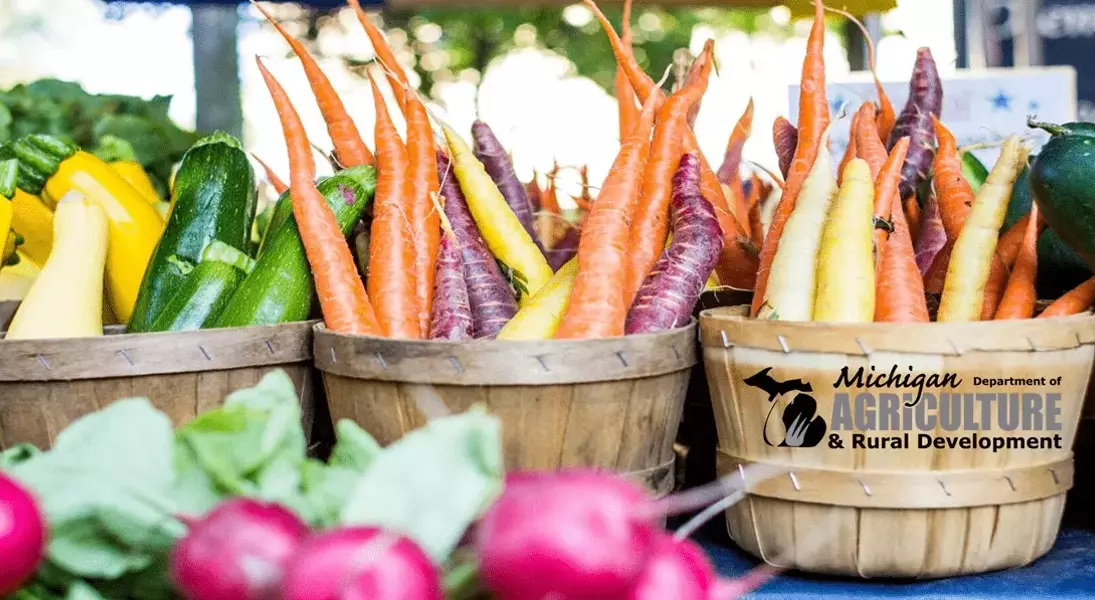
As the season of renewal and festivities approaches, many individuals prepare to celebrate significant events such as Easter and Passover. These occasions often revolve around food-centered traditions, making it crucial to prioritize safety during preparation. The Michigan Department of Agriculture and Rural Development (MDARD) emphasizes the importance of following proper hygiene and cooking practices to prevent foodborne illnesses. By implementing a few straightforward measures, hosts can ensure their gatherings remain joyful and healthy for all participants.
Proper handwashing is essential in minimizing infections, while maintaining cleanliness throughout food preparation helps avoid contamination. Eggs and meats require specific handling techniques to guarantee safety, and side dishes should be kept at appropriate temperatures to inhibit bacterial growth. Additionally, managing leftovers correctly ensures they remain edible and safe for future consumption.
Hygiene and Preparation Essentials
Maintaining cleanliness starts with regular handwashing, which significantly reduces respiratory and gastrointestinal infections. A thorough cleaning regimen extends to kitchen surfaces and utensils, ensuring no cross-contamination occurs between different food types. This careful attention to detail guarantees that meals are not only delicious but also secure for guests.
Frequent handwashing remains one of the most effective methods to combat foodborne diseases. Hands must be cleansed with soap and warm water before, during, and after food preparation. Moreover, returning to the kitchen after leaving requires another wash to maintain hygiene standards. Separating raw meats from other ingredients using distinct cutting boards further minimizes risks. Such practices create a foundation for safe culinary experiences, protecting both the preparer and those who partake in the feast.
Food Handling and Storage Guidelines
Handling perishable items like eggs and meats demands precision to preserve their quality and safety. Correct storage and cooking procedures prevent spoilage and harmful bacteria proliferation. Understanding the unique requirements for each ingredient ensures that every dish served meets health standards.
Eggs, whether hard-boiled or used in hunts, necessitate refrigeration unless immediately consumed. Utilizing food-grade dyes safeguards against potential hazards when decorating them. Meats, including ham, brisket, lamb, and poultry, must reach specific internal temperatures verified by a thermometer to eliminate any pathogens. Thawing these proteins ahead of time according to package instructions prevents undercooking. Side dishes should remain either hot or cold, avoiding the temperature range where bacteria multiply rapidly. For leftovers, prompt refrigeration within two hours and reheating to an internal temperature of 165°F preserves freshness and edibility. Proper storage techniques extend the life of prepared foods, allowing enjoyment beyond the initial celebration without compromising safety.
